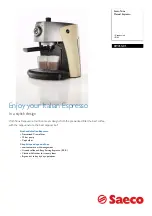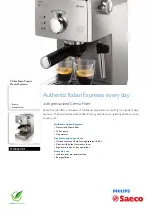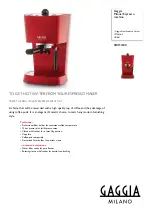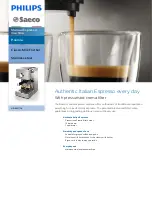
17
Using the seam guides on the needle plate
The seam guides on the needle plate helps you
measure seam width.
* The numbers indicate the distance between the
center needle position and the guide line.
Numbers on the needle plate
Distance in centimeters
15
20
10
1.3
1.6
1.9
6/8"
5/8"
4/8"
3/8"
2.0
1.5
1.0
1.0
1
Guide lines
2
Cornering guide
3
Needle plate
4
Needle plate hole
5
Seam width from the center needle position
Turning square corners
To turn a square corner 1.6 cm (5/8") from the fabric
edge.
When the fabric edge facing you lines up with the
cornering guide as illustrated, stop stitching and lower
the needle by turning the handwheel toward you.
Raise the presser foot and turn the fabric to line the
edge with the 1.6 cm (5/8") seam guide.
Lower the presser foot and begin stitching in the new
direction.
2
Cornering guide
1
3
4
2
5
2
Janome us2004 Instruction Manual
www.aaasewing.com
US2004 Owners Manual/ User Guide












































